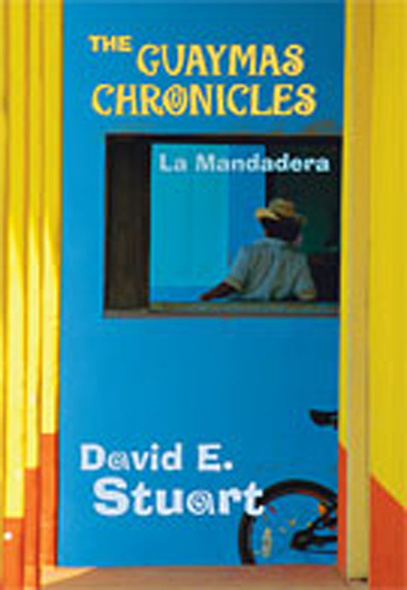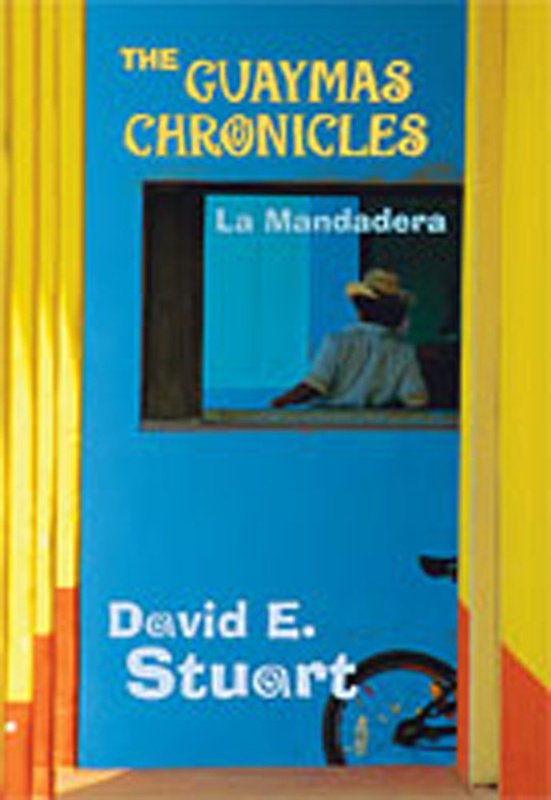
This memoir of a young gringo's assimilation into the exotic street life of a bustling port on Mexico's Sea of Cortez is an eye-opening account of the area's working-class life. After months of anthropological field work in late 1960s Ecuador, David Stuart returns to Guaymas with broken bones and a broken heart, finding comfort in the cafés and nightspots along the waterfront. There he reveals his failings to people whose lingua franca is the simple wisdom of listening and understanding. The loyal barmen and taxi drivers adopt him into their tight-knit circle, helping him ride out the devastation of betrayal by a woman who is carrying another man's child.
Dubbed El Güero ("Whitey") on the street, Stuart drifts into la movida, the Mexican world of hustlers, politicians, police officials, businessmen, and street urchins. In a 1970 Mexico where a $500 bribe and a two-year wait might get you a telephone, he needs help. A headstrong shoeshine girl, Lupita, becomes his mandadera (messenger) and then his confidante and junior business partner, working her magic by bribing customs officials and making deals for tires, fans, blenders, and other fayuca (contraband). A scrawny eleven-year-old, she is not just street-brilliant but complicated and utterly fascinating.
This vivid, haunting portrait of a world many Americans have visited but few understand, is a unique examination of what Mexico means to one American and what America means to the everyday Mexican people who surround and protect him.
David E. Stuart, the first student in the State of West Virginia to earn a degree in Anthropology, came to UNM in “67/'68 where he earned the Masters and Ph.D. and, later, an honorary doctorate from WVa Wesleyan College. He has conducted fieldwork in Mexico, Alaska, Ecuador, and the American Southwest, where he continues to publish in both Anthropology and Archaeology. He served the University of New Mexico as a senior academic administrator for many years, and still teaches the Archaeology of New Mexico.





